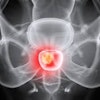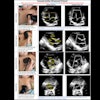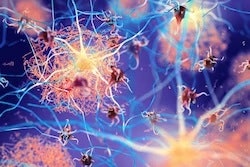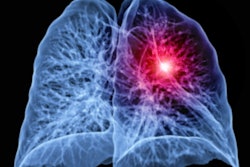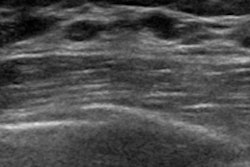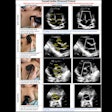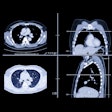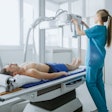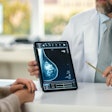Dear AuntMinnie Member,
Imposter phenomenon, also known as imposter syndrome, is commonly experienced by people in all kinds of professions. And radiologic technology (RT) students are no exception.
A new survey conducted in the U.K. found that more than three of every four diagnostic and therapeutic radiography students experienced frequent and intense traits of imposter syndrome, a behavioral health phenomenon characterized by self-doubt and a feeling of waiting to be exposed as a fraud. Our coverage of the research was our most highly viewed article of the week.
The second-most viewed article reported on a new study assessing the current evidence supporting the use of ChatGPT in radiology. Click here to learn about their conclusions.
Radiology residents are studying hard for the American Board of Radiology Core Exam, which will be held November 15-17. To help, we’ve brought back our popular Board Review study aid. You can access it here.
Here’s the full list of our top 5 stories of the week:
- U.K. radiography students beset with "imposter phenomenon"
- What’s the evidence so far for ChatGPT in radiology?
- ChatGPT may help to educate interventional radiology patients.
- Researchers have also concluded that patients prefer structure and more details in their radiology reports.
- Kaiser Permanente facility fined for MRI accident
